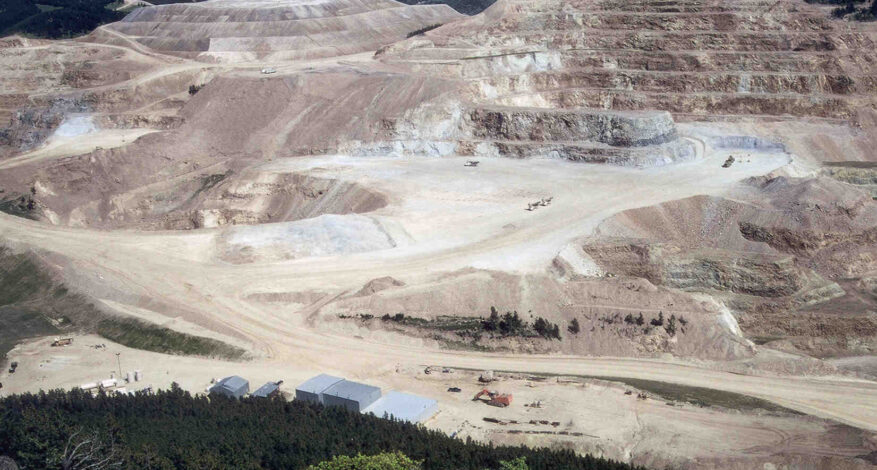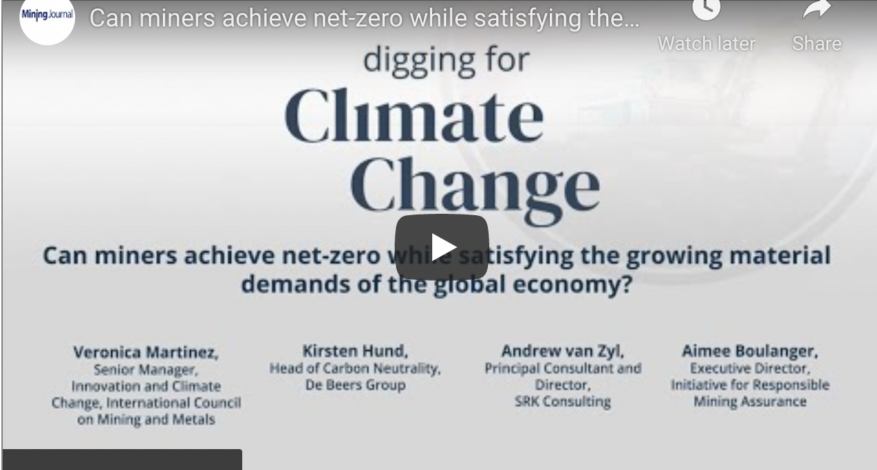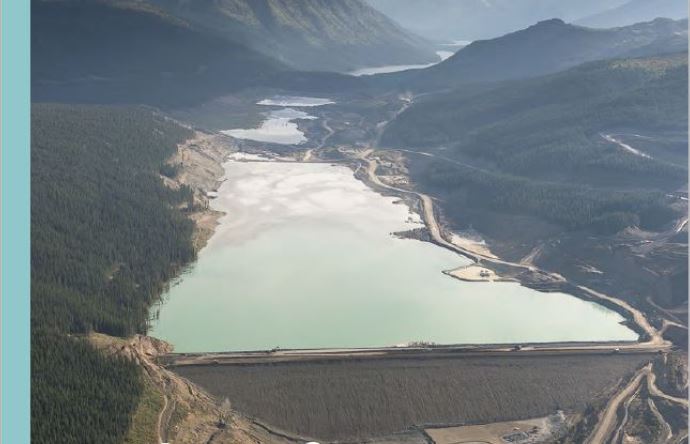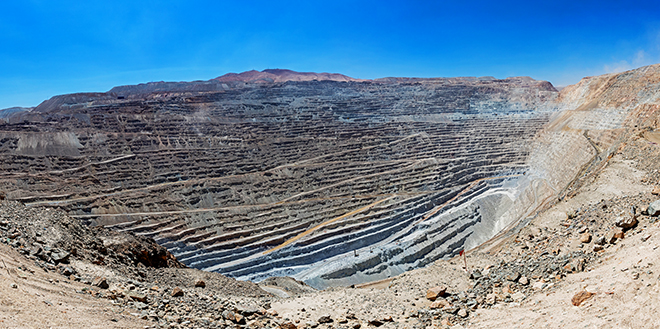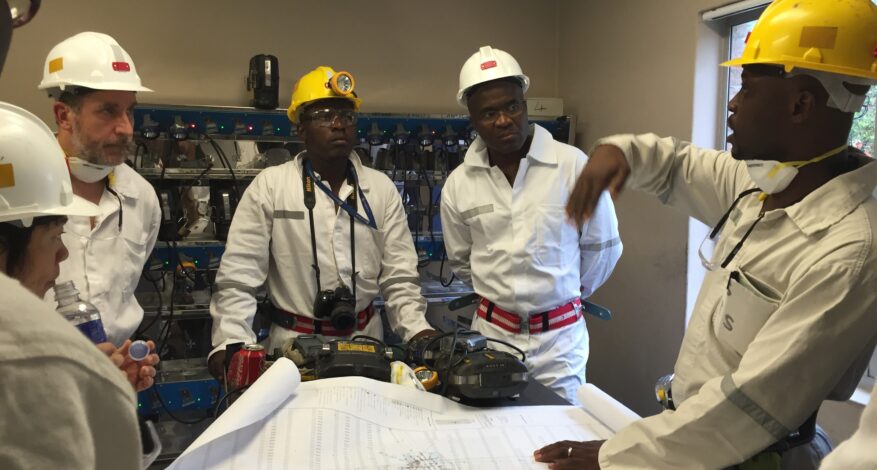The IRMA Standard – A Tool For U.S. Mining Law Reform
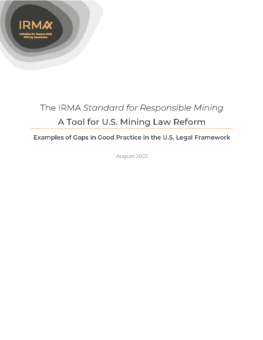 On Tuesday August 30, the IRMA Secretariat submitted a letter to the Biden Administration’s Interagency Working Group (IWG) on mining reform.
On Tuesday August 30, the IRMA Secretariat submitted a letter to the Biden Administration’s Interagency Working Group (IWG) on mining reform.
The letter provides examples of areas where there are gaps between the good practices in the IRMA Mining Standard and the U.S. legal framework governing the mining sector. Although not comprehensive, the examples identify areas where gaps can be addressed to ensure conformity with good international practice.
These examples are based on a preliminary review of the U.S. legal framework. A requirement-by-requirement comparison between the IRMA Standard and the U.S. legal framework would be necessary to identify all the gaps, and could guide the work of the IWG and support recommendations for improvements to the U.S. legal framework. We recommend that such a study be funded and completed to inform IWG efforts.
